‘It should remain open, if done safely’
Heronslea Group, an award-winning development firm which builds luxury new homes in North London, North West London and the Home Counties, believes the industry should remain open, if everything is done in a safe and correct manner.
“Staff can socially distance on-site with the 2m rule, by using back-to-back or side-to-side working methods, rather than face-to-face, and using floor markers and spacers. For jobs that have to be done in pairs companies can reduce the number of people each person has contact with by using ‘fixed teams or partnering’,” it commented.
“At Heronslea, to adhere to the rules we are conducting a number of measures such as: staggering site working hours, staff having their temperature checked on arrival and check-in on the contact and trace app. For jobs requiring more than one person we have arranged ‘working bubbles’.”
It went on: “We provide masks – which must be worn at all times - as well as hand washing and hand sanitiser facilities at various points throughout sites. For ventilation and good air flow internally, all windows are kept open, at all times. No socialising is allowed at lunchtimes unless with a partner in co-worker bubble. For viewings, the public and construction staff are kept separate at all times as construction staff leave the area.”
Scarlett Blakey, company director of Finedale Construction, says it is critical ‘that we do all we can’ to keep the industry open and everyone in it safe, because the industry is one which is known to help power a crucial part of the economy.
Blakey, who manages the company with her father Malcolm, admits: “It is a challenging industry to ensure Covid-19 rules and recommendations are strictly followed, however it is not impossible. The way in which companies manage this depends on the set-up, layout, size, stage of your development and the facilities that are available on site.”
She suggests a number of measures, which are laid out below.
-
Separate your working areas by trade, for example if you are working on a residential property, have your joiner in one room, your plasterer in another, etc.
-
Stagger break times amongst the staff so there is no chance of a congregation. Encourage staff to go off-site for their break, whether that be going for a walk, sitting in their vehicles, etc. This minimises the number of people using the facilities at any one time.
-
Have a strict cleaning rota, focusing on the times that facilities are in high demand, to lower the risk of spreading infection.
-
Provide full PPE including masks and visors for all staff and carry out regular checks to ensure they are being worn when necessary. Here at Finedale, we have provided our staff with personal hand sanitisers which clip onto their belts for ease of use.
-
Prevent all non-essential visitors and ensure main entrances are closed at all times.
-
Ask your management team, who naturally come into contact with others the most, to conduct their meetings in a controlled and safe manner, meeting outdoors where possible and keeping an appropriate distance. Where a 2m rule is not possible, ensure all team members are wearing the necessary PPE.
-
Keep your physical communication to a minimum, using technology to distribute wide messages, via Teams, Zoom, email etc.
-
If a facility is available, laminate your plans so they can be wiped down after meetings and reviews.
“It is understood that if you have a member of staff test positive, the site should be closed and all staff and subcontractors are notified to self-isolate for the recommended period, following which the site can re-open and continue business as before,” Blakey adds.
“If we all work together to keep our industry safe, then there isn’t any reason why it should close. We need to keep our economy moving, and keeping our industry open is the only option.”
Blakey says that Finedale, a construction company based out of Lincoln which specialises in residential and commercial developments across the UK, has recognised that the staff themselves have a strong ambition to follow rules set out by those in higher management to prevent the spread.
“After all, they are the ones at risk and if sites are closed they lose their wages, which for some is detrimental,” she says. “We feel as a company we have an obligation to not only keep our staff and associated contractors as safe as possible, but also keep their earning capability achievable, whilst keeping our wider economy moving.”
Wendy Hegarty, partner at new homes agent and consultancy Red Loft, also argues that the construction industry is one of the UK’s most important sectors – and says it’s crucial that it remains open to help people on their property journey.
“People will always need somewhere to live, and, during these difficult times, it has never been more important to have a place to call home. As an industry we must come together and help people continue moving as best as we can,” she says.
“At Red Loft, we have continued to safely carry out appointments since the market reopened at the end of May. In the new homes industry in particular, Sales and Marketing Suites tend to be large and airy, so it's easy to observe social distancing measures and keep the space clean – keeping our customers and colleagues safe. Our sales agents are hearing the success of these safety measures first-hand, with a number of people commenting on how comfortable they feel when attending a viewing with Red Loft.”
She adds: “Equally, the challenges of lockdown meant the property industry was quick to adapt to an online approach – allowing the market to remain open even for those who do not feel comfortable to, or are unable to, visit us in person. Our team have worked hard to ensure that significant resources are available for those who would prefer to view a property from the comfort of their own home. We're now fully set up to deliver remote viewings and will carry on offering this service for the foreseeable future.”
The view from Spain
This is not just an issue of debate in the UK – the same is true across the world, including in Spain.
Marc Pritchard, sales and marketing director at well-known overseas housebuilder Taylor Wimpey España, is firmly of the belief the construction industry should remain open.
“With appropriate risk assessments undertaken and precautions in place, it makes sense for construction to continue both in the UK and here in Spain,” he says.
“Developers need to think about their post-construction strategy for viewings, as well as the construction process itself. We have several key-ready properties available, for example, for which we are offering virtual tours in order to reduce social contacts.”
But can staff really social distance on-site? “Yes, absolutely,” Pritchard claims. “This is easier to achieve in the construction industry than in many other sectors, thanks to the amount of open space and fresh air that building sites tend to deliver.”
He adds: “While the majority of roles carry some element of risk, with the right approach and strict adherence to the rules, this risk can be vastly reduced for those working across the construction sector. Keeping the sector going – in Spain, as in the UK – is of key importance for the country’s economy, as well as for the completion of homes according to contractually agreed timescales for individual buyers.”
And what of Covid rules being adhered to, to prevent the spread of the virus? “They certainly are here in Spain,” Pritchard insists.
“From construction workers through to the teams selling the homes that have been completed, there is a deep-seated understanding of the need for compliance with Covid rules. There is clear guidance in place for the construction sector, which is key to encouraging and supporting compliance.”



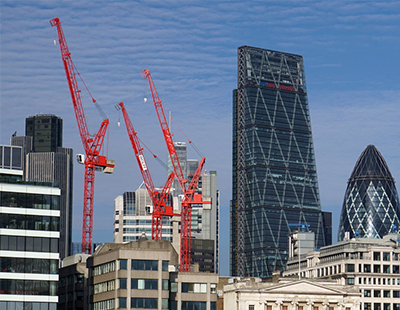
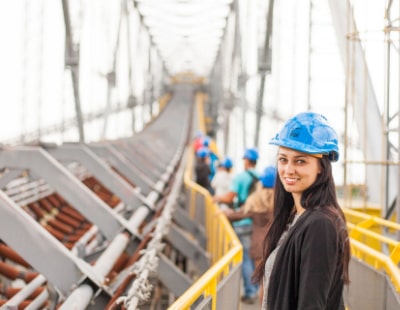
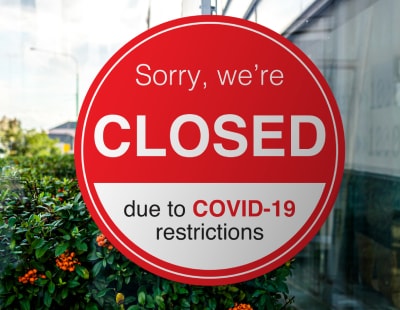
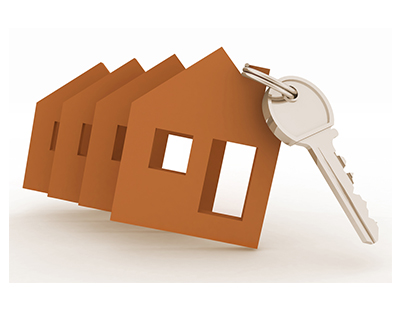
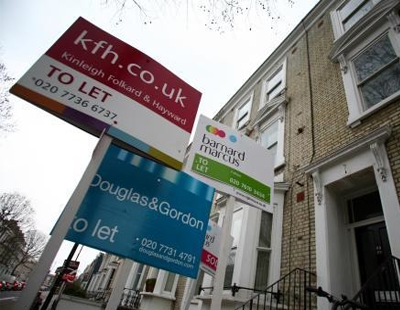


.png)









Join the conversation
Jump to latest comment and add your reply
It's not merely construction sites that have been asked to carry on working but it is the whole of the construction and manufacturing industries. I know a number of such companies whose office-based staff are still all at work because they are exempt from Lockdown 3.0 even though they could easily work from home. No wonder the roads are still busy!
Please login to comment